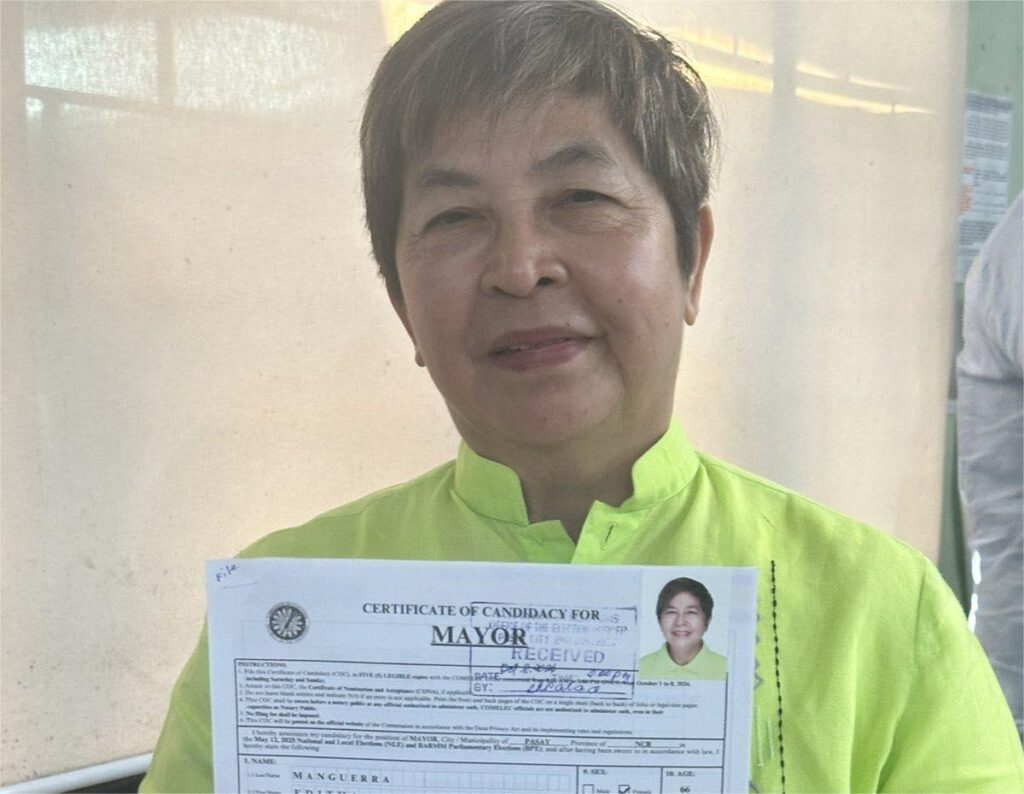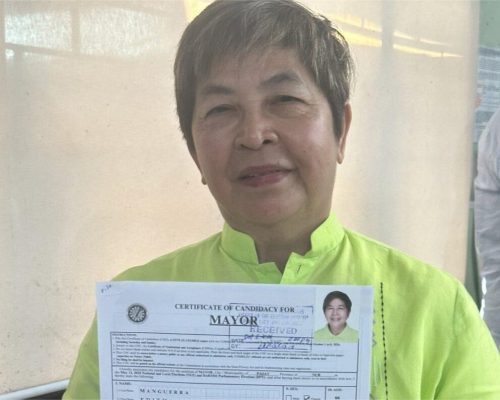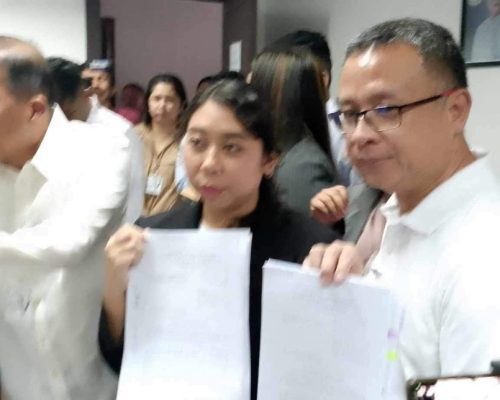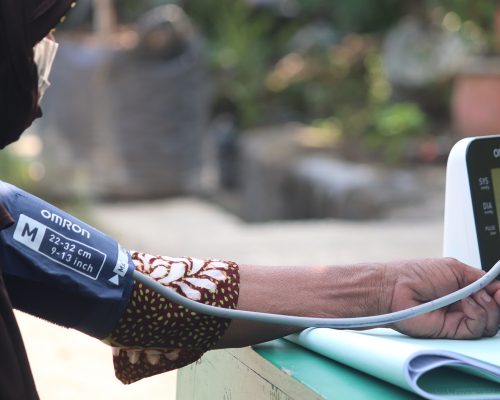Small rice retailers may receive a one-time financial aid of up to P15,000 to mitigate their losses from buying more expensive stocks as Executive Order 39, which sets a price ceiling on regular and well-milled rice, took effect Tuesday.
The Department of Social Welfare and Development said it is ready to provide this cash assistance to qualified recipients once the list is built with the help of the Department of Trade and Industry.
DSWD Secretary Rex Gatchalian said in a radio interview that he was directed by President Ferdinand R. Marcos Jr. on Monday to use the DSWD’s Sustainable Livelihood Program to help small rice retailers who incur losses because of the temporary price cap.
To date, the DTI and the DA are compiling a list of the affected rice traders and retailers who will receive the government’s assistance.
Gatchalian said the SLP currently has a P5.5-billion budget that can be immediately used to help cushion the impact of the price cap on rice, particularly among small retailers who bought rice from traders at a price higher than the price ceiling.
He said the DSWD is just waiting for the list of qualified small rice retailers which will be provided by the Department of Trade and Industry and the Department of Agriculture.
“We hope that by next week, we can already start the payout under the sustainable livelihood grant for our affected rice retailers,” Gatchalian said in a mix of English and Filipino.
Gatchalian also had a meeting Monday with Speaker Ferdinand Martin Romualdez, who vowed to raise P2 billion to help augment the SLP budget for the benefit of more small rice traders and retailers.
“I told Speaker Romualdez that the SLP’s P5.5 billion is enough to help the distressed small rice retailers. But I also welcome the additional budget as this would mean more Filipinos will be given assistance under the SLP,” Gatchalian said.
Ako Bicol Rep. Elizaldy Co, chairman of the House committee on appropriations, emphasized that only small rice retailers would receive part of the P2 billion aid being sought by the House.
Co said he believes bigger retailers can absorb the impact of the price caps on rice grains.
Under EO 39 signed by Executive Secretary Lucas Bersamin on Aug. 31, the mandated price ceiling for regular milled rice is PHP41 per kilo while the mandated price cap for well-milled rice is PHP45 per kilo.
EO 39 also mandates a coordinated effort among various agencies to ensure the strict implementation of the mandated price ceilings; intensify the fight against hoarding and illegal importation of rice; and take measures against cartels to ensure fair market competition and uphold consumer welfare and protection.
DTI Secretary Alfredo Pascual has ordered the creation of a special task force to ensure that the mandated price ceilings on rice are enforced.
Member agencies of the task force will also validate a list of rice retailers who can receive assistance from the government in coordination with the Department of Agriculture, local government units, and the local price coordinating councils.
Senator Risa Hontiveros on Tuesday said the imposition or price cap on rice is not the solution to the problem of the high cost of rice.
“And if there is a promise to give assistance to rice retailers, the question is, when will this be given?” Hontiveros said.
She also wanted to know if rice retailers would be held liable if they stop selling their rice inventory while they have not yet received the government assistance.
Hontiveros said if the DSWD wants rice to be within the reach of the poor, the assistance should be given straight to consumers.
“And if they want to eradicate rice hoarding, focus on the importers, traders, and wholesalers, and not at the retailers,” she said.
She noted that studies by the Philippine Competition Commission in 2020 showed that the earnings of importers, traders, and wholesalers from rice sold were excessive.
In the House, Rep. Erwin Tulfo of the ACT-CIS party-list group proposed a one-peso budget for the Bureau of Plant and Industry for “neglect of duty: because it failed to prevent hoarding and price manipulation of onions
At the resumption of the hearing of the House committee on agriculture and food on the overpricing and price manipulation of onions in the market, Tulfo insisted that some government agencies, particularly the BPI, were not doing their job, which resulted in skyrocketing prices for onions.
“The BPI is useless. Let’s not give it a budget. You guys are not doing your job,” Tulfo said in a mix of English and Filipino. “We might as well just give you a one-peso budget.”
At the same time, Tulfo urged the committee chairman, Quezon Rep. Wilfrido Mark Enverga, to issue subpoenas to supermarket officials who ignored an invitation to attend the hearing.
The committee issued subpoenas to officials of Puregold, Robinsons Mall, Gaisano Mall, and Power Plant Mall.
“It looks like they’re not taking this seriously. We have to send them a subpoena,” Tulfo said.
An official from the BPI said their hands are tied as they must follow guidelines, which do not give them the power to compel warehouse owners to release their stocks.
Meanwhile, Marikina Rep. Stella Quimbo filed a bill that will enable the Rice Competitive Enhancement Fund (RCEF) to be used for programs responding to the economic crisis, including cash assistance to farmers and other affected sectors.
The bill states that this is regardless of whether tariff revenues from rice imports exceed P10 billion during a state of national “rice emergency” declared by the President.
The post Small rice retailers to get P15k appeared first on Manila Standard.



























